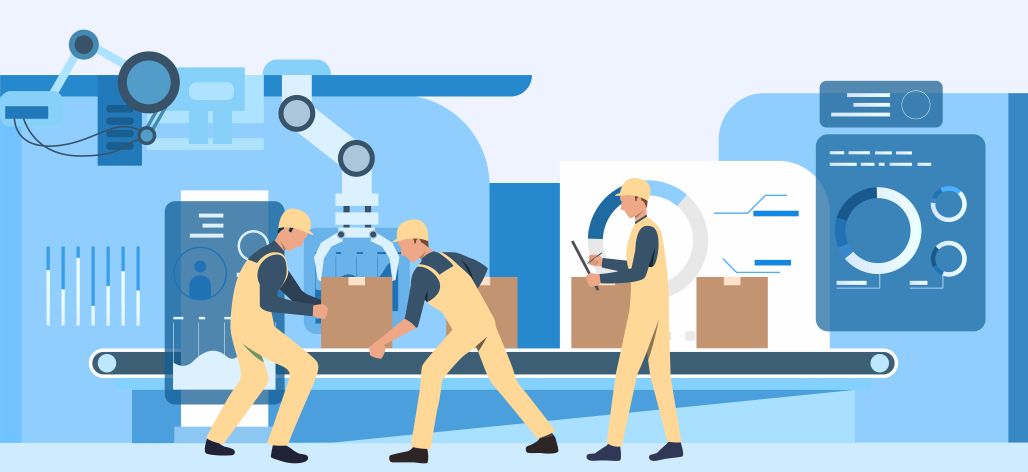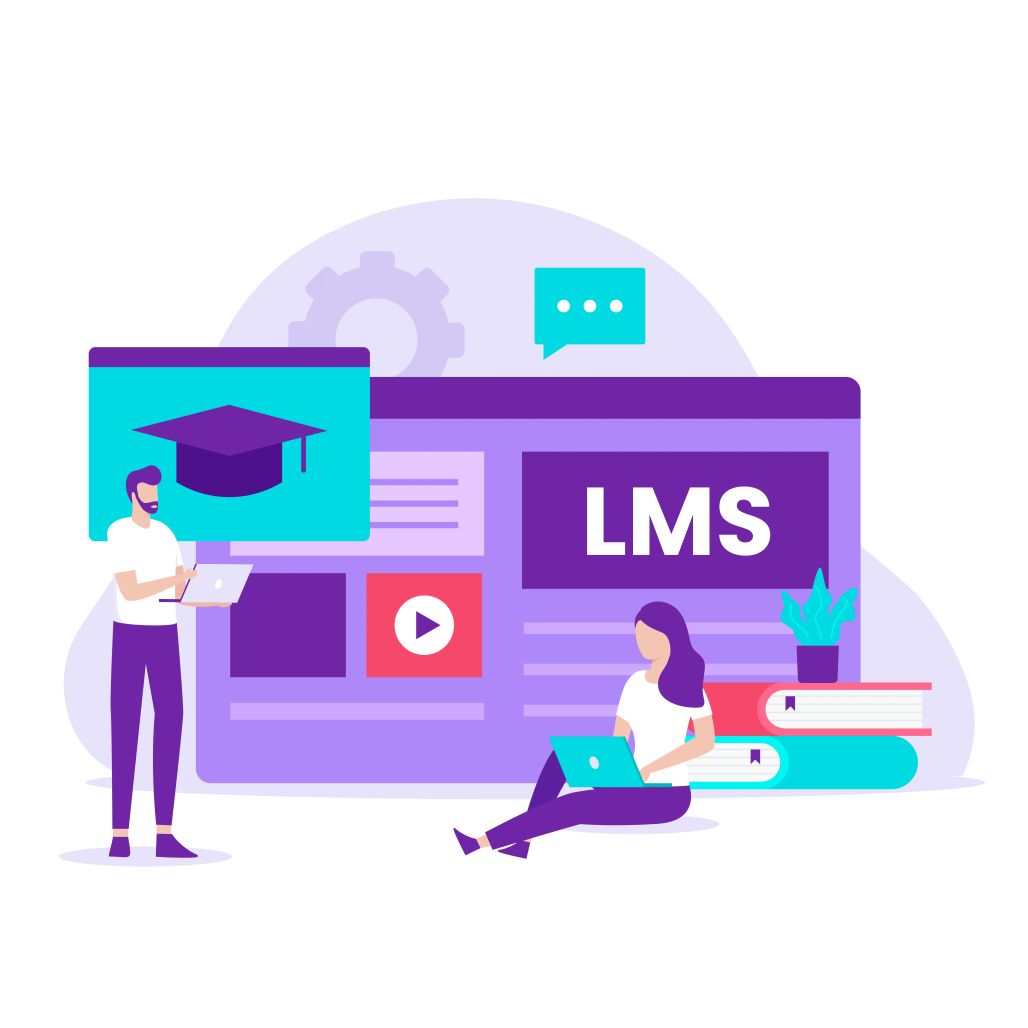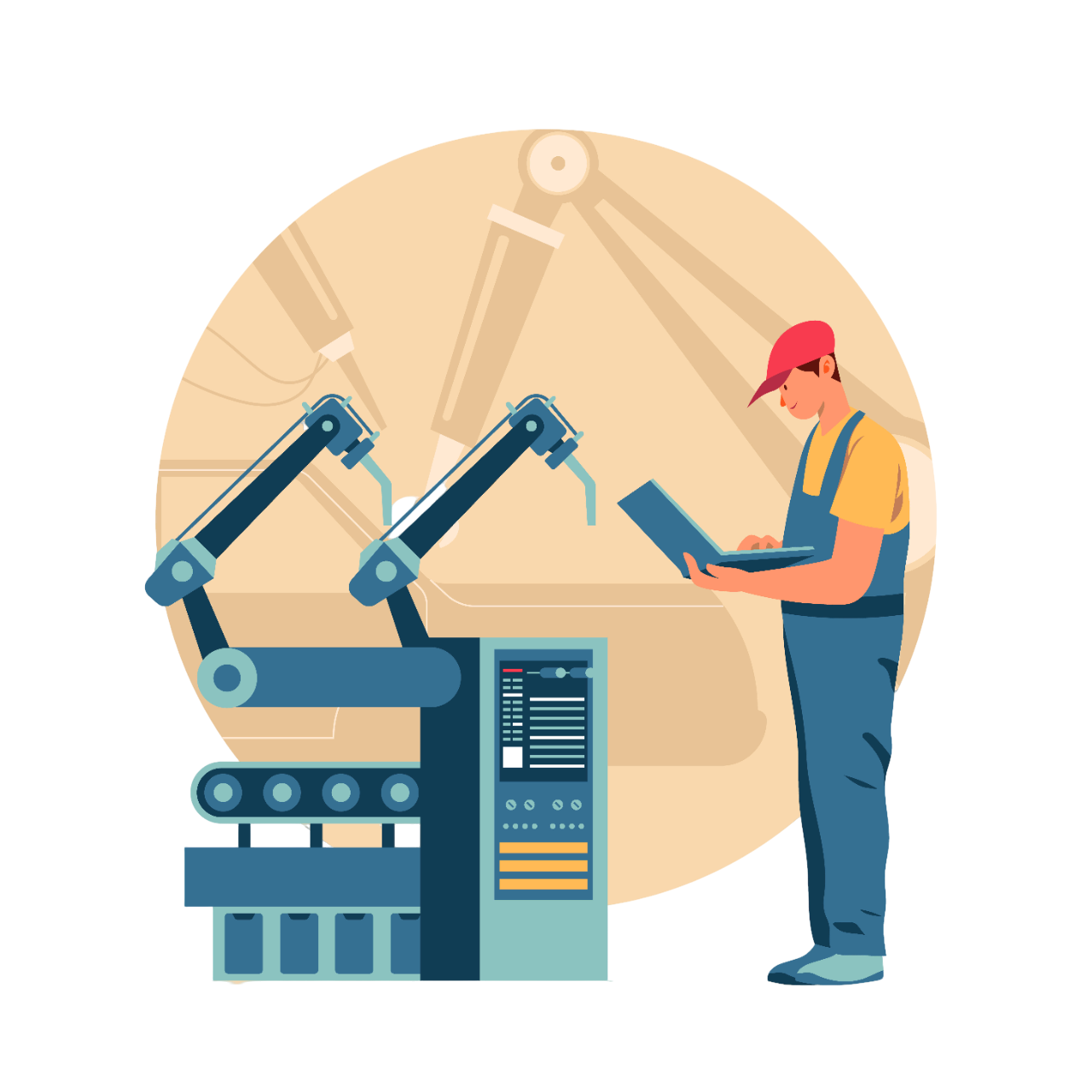In manufacturing, compliance isn’t optional—it’s critical. One missed safety protocol, expired certification, or outdated SOP can lead to accidents, fines, or production delays. For HR leaders and top managers, ensuring every employee is trained, certified, and aware of regulatory updates is a constant challenge.
This is where an AI-powered LMS for manufacturing becomes a game-changer. Platforms like Calibr streamline compliance training, track certifications automatically, and provide a centralized hub for all employee learning—helping companies stay safe, compliant, and productive. By automating administrative tasks and offering role-specific learning paths, these platforms ensure that employees receive the right training at the right time, reducing errors and improving overall efficiency.
Explore Calibr | Contact Us to see how your organization can simplify compliance training and empower your workforce.

Why Regulatory Compliance Matters in Manufacturing
Manufacturing companies face a complex web of regulations—from OSHA workplace safety standards to FDA requirements, EPA environmental rules, and industry-specific guidelines. Failure to comply can result in:
Workplace accidents and injuries – Without proper safety training, employees on the shop floor are more prone to incidents, which can halt production and harm workforce morale.
Legal penalties and fines – Regulatory bodies like OSHA or the FDA can impose significant fines for non-compliance, affecting a company’s financial health.
Production downtime – Non-compliance may lead to equipment shutdowns or recalls, directly impacting operational efficiency and delivery schedules.
Damage to brand reputation – Companies that fail to comply risk losing trust among clients, partners, and investors, which can have long-term consequences.
According to CoreMark Insurance, inexperienced workers account for nearly half of all reported workplace accidents, largely due to insufficient safety training, lower risk awareness, and unsafe equipment.
Research by CDC Blogs indicates that a lack of hazard identification and prevention training contributes to 20% of struck-by incidents, emphasizing the importance of comprehensive safety programs.
From all these points, it's clear that effective compliance training isn’t just about ticking boxes—it protects employees, assets, and the business. By investing in an AI-powered LMS like Calibr, companies can proactively prevent these risks through structured, ongoing training programs that are easy to manage and monitor.
How an AI-Powered LMS Supports Manufacturing Regulatory Compliance
An AI-powered LMS for manufacturing simplifies regulatory compliance by providing a centralized, automated, and scalable learning environment. It not only reduces administrative burden but also ensures employees are trained consistently, efficiently, and in alignment with evolving safety and regulatory standards. Here’s a detailed look at how it works:

1. Automated Compliance Tracking and Certifications
Manually tracking employee training can be tedious, error-prone, and time-consuming. With Calibr’s LMS safety training features, certifications are tracked automatically, and employees receive timely reminders for renewal. This ensures no employee misses mandatory compliance requirements, and HR teams no longer need to follow up manually.
For example, OSHA, FDA, and EPA certifications can be managed entirely within the LMS, providing a clear overview of all employee credentials. A report on manufacturing compliance highlights that companies using automated compliance systems reduce violations by up to 40%, demonstrating the efficiency and reliability of using a best LMS for manufacturing.
2. Real-Time Regulatory Updates
Regulatory standards are constantly evolving. OSHA, FDA, and EPA frequently update guidelines, and failing to reflect these changes in training can lead to compliance gaps. Platforms like Calibr integrate AI to automatically update learning materials, ensuring employees always have access to the most current safety protocols and regulatory requirements.
For instance, when EPA regulations on chemical handling or waste disposal change, the LMS can push updated courses and assessments to relevant employees. This immediate adaptability minimizes risk and helps companies stay audit-ready. Regular updates through an AI-powered LMS for manufacturing ensure businesses never fall behind on critical compliance obligations.
3. Role-Specific Training Paths
Not all employees need the same compliance training. Operators, supervisors, and engineers face different hazards, responsibilities, and regulatory requirements. Using an LMS for manufacturing, you can assign customized, role-specific courses to ensure training relevance and efficiency.
Machine operators: equipment safety, hazard protocols, and SOP adherence
Supervisors: reporting, audits, and compliance documentation
Engineers: machinery operations, preventive maintenance, and safety updates
Calibr’s AI Course Builder makes designing these role-specific learning paths seamless.
4. Centralized Documentation and Audit Trails
Compliance audits can be overwhelming without a structured system. An AI-powered LMS for manufacturing centralizes all training records, certifications, and SOP acknowledgments into a single repository.
This makes audit preparation simpler and faster. HR and compliance managers can instantly generate reports, verify certification status, and confirm course completions. A study by Workramp shows that centralized LMS systems can reduce audit preparation time by up to 50%, freeing teams to focus on proactive compliance strategies instead of administrative tasks.
5. Continuous Learning and Refresher Courses
Regulatory compliance is not a one-time event—it’s ongoing. With Calibr’s safety LMS, refresher courses and compliance updates can be automatically assigned whenever certifications are due for renewal or regulations change.
This ensures employees stay current with industry standards, reducing the risk of violations due to outdated knowledge. Continuous learning through an AI-powered LMS for manufacturing also fosters a culture of safety and accountability, making compliance a shared responsibility across teams.
6. Analytics and Data-Driven Insights
An AI-powered LMS for manufacturing goes beyond delivering training—it provides actionable insights. Analytics help organizations:
Identify skill gaps in departments or teams
Detect employees who may need additional compliance support
Measure overall training effectiveness
Track engagement and knowledge retention
Calibr’s reporting features allow HR and compliance leaders to make data-driven decisions. For example, if a particular safety module shows low completion or poor assessment scores, managers can intervene quickly, adjust content, or assign refresher courses. Over time, these insights help optimize training programs, improve workplace safety, and ensure ongoing regulatory compliance.
By leveraging an AI-powered LMS for manufacturing like Calibr , companies can automate compliance tracking, deliver role-specific training, provide continuous updates, and generate actionable insights—all while reducing administrative workload. Thus, it makes it easier for HR leaders and plant managers to maintain regulatory standards, safeguard employees, and drive operational efficiency.
Benefits of Using an AI-Powered LMS for Manufacturing Compliance
Using a robust LMS for manufacturing brings measurable benefits that go far beyond basic compliance. Here’s how:
Enhanced Safety: Reduce workplace accidents through consistent and effective LMS safety training. With modules covering equipment handling, emergency response, and hazard recognition, employees are better prepared for potential risks. Platforms like Calibr also allow managers to track training completion in real time, ensuring no one misses essential safety modules.
Regulatory Confidence: Stay audit-ready with real-time compliance tracking. With automated certification management and documentation stored centrally, companies can quickly demonstrate adherence to OSHA, FDA, and EPA regulations. This reduces audit stress and prevents fines or penalties.
Increased Efficiency: Automate training administration, freeing HR for strategic initiatives. Instead of manually tracking employee progress or sending reminders, an AI-powered LMS handles these tasks. This reduces administrative workload and allows HR teams to focus on enhancing learning experiences and workforce development strategies.
Role-Specific Learning: Employees receive training tailored to their responsibilities. Not every employee requires the same compliance content. Machine operators, supervisors, and engineers can have customized learning paths, ensuring relevant knowledge retention and reducing unnecessary training time. Calibr’s AI Course Builder makes designing these role-specific paths simple and scalable.
Continuous Improvement: Analytics help refine training programs over time. AI-powered LMS platforms like Calibr through its advanced analytics track engagement, performance, and knowledge retention, giving leaders insights into areas that need reinforcement. Companies can adjust modules, update content, and implement refresher courses efficiently, fostering a culture of continuous learning and operational excellence.
By combining these benefits, organizations can ensure both compliance and operational efficiency, creating a safer, more skilled, and more confident workforce.
Bringing it all together
Compliance training in manufacturing is no longer just a legal requirement—it’s a strategic advantage. An AI-powered LMS for manufacturing like Calibr, helps companies automate compliance tracking, deliver role-specific training, provide refresher courses, and generate actionable analytics.
By implementing such a system, HR leaders and plant managers can focus less on paperwork and more on building a skilled, safe, and compliant workforce, ensuring long-term operational success.
Ready to make your compliance training smarter and simpler?
Start your free 14-day trial and experience Calibr in action.
Book a personalized demo to see how it fits your manufacturing setup.
Contact our team to discuss your training and compliance goals.


